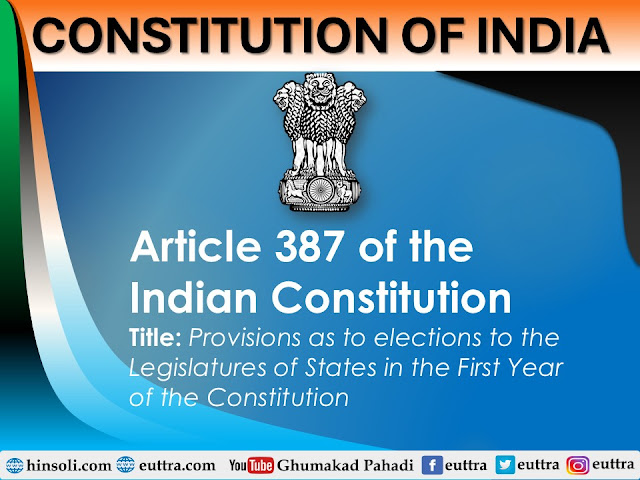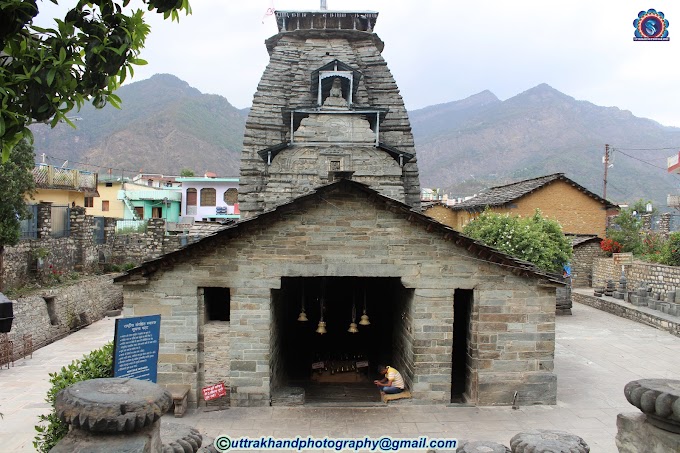 |
| What is Article 387 of Indian constitution |
Article 387 of the Indian Constitution
Title: Provisions as to elections to the Legislatures of States in the First Year of the Constitution
Status:
Article 387 has been repealed.
It was a transitional provision, omitted by the Constitution (Seventh Amendment) Act, 1956.
🧾 Original Purpose (Before Repeal):
-
Article 387 was a temporary measure that provided the legal basis for conducting elections to the State Legislative Assemblies and Councils during the first year of the Constitution, i.e., 1950–1951.
-
It helped transition from pre-Constitution administrative setups to democratically elected state legislatures.
🔍 Simplified Explanation:
-
When the Constitution came into force on 26 January 1950, many states did not yet have elected legislatures.
-
Article 387 enabled:
-
The Election Commission to frame rules and procedures for these first elections.
-
Elections to be held in line with constitutional principles, even though final laws or administrative details might still be in the process of formation.
-
📌 Key Features:
| Aspect | Details |
|---|---|
| Applies To | All Indian states, especially newly formed or reorganized ones |
| Purpose | To conduct first-time elections to state legislatures after 1950 |
| Legal Authority | Allowed temporary arrangements for elections until formal laws existed |
| Administered By | Election Commission of India |
| Duration | Applied during the first year or until elections were completed |
| Repealed By | 7th Constitutional Amendment Act, 1956 |
✅ Why Article 387 Was Important (and Then Repealed):
-
Provided a legal and constitutional bridge to establish democratic legislatures in all Indian states.
-
Prevented vacuum in legislative bodies during India’s first elections (1951–52).
-
Repealed once:
-
State elections were held, and
-
A permanent electoral framework (under Articles 324–329) was operational.
-

.jpg)


















Follow Us